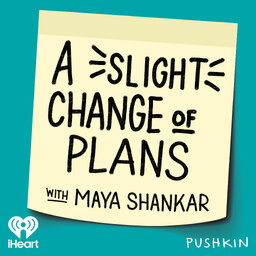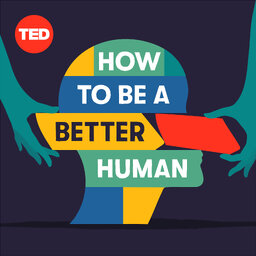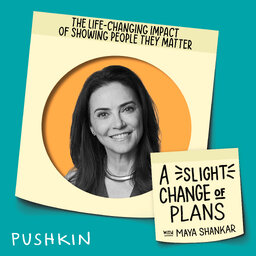The Life-Changing Diagnosis
Scott, a young researcher who builds cancer detection tools, has spent his entire adult life trying to avoid getting cancer. He is now facing his own stage 4 diagnosis.
You can follow Maya @DrMayaShankar on Instagram.
Learn more about your ad-choices at https://www.iheartpodcastnetwork.com
In 1 playlist(s)
A Slight Change of Plans
What happens when life doesn’t go according to plan? In this award-winning podcast, cognitive scient…Social links
Follow podcast
Recent clips

The Invisible Weight of Olympic Gold
34:12

How to Accept the Messiness of Love
40:42

The Life-Changing Impact Of Showing People They Matter
39:33
 A Slight Change of Plans
A Slight Change of Plans